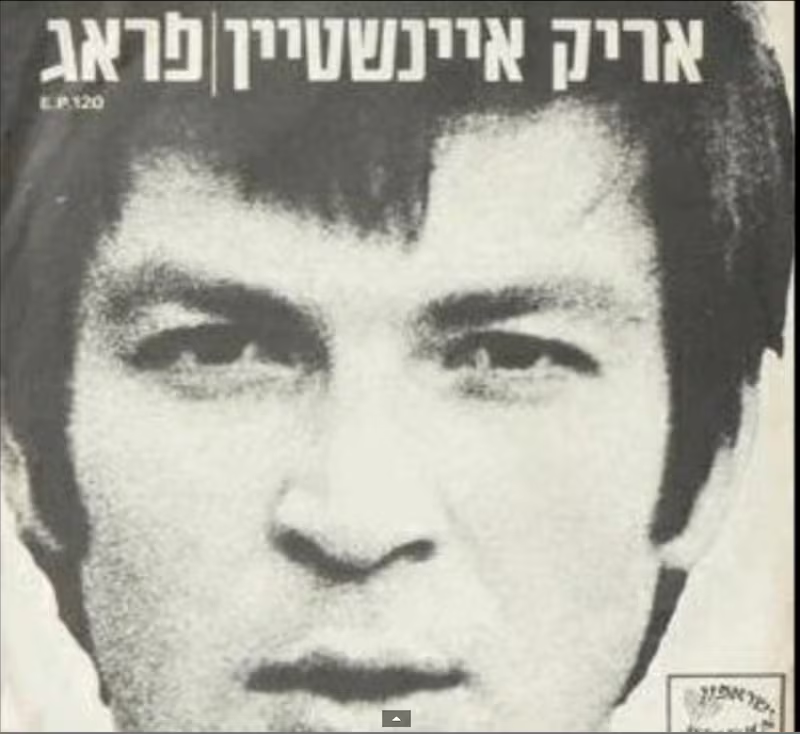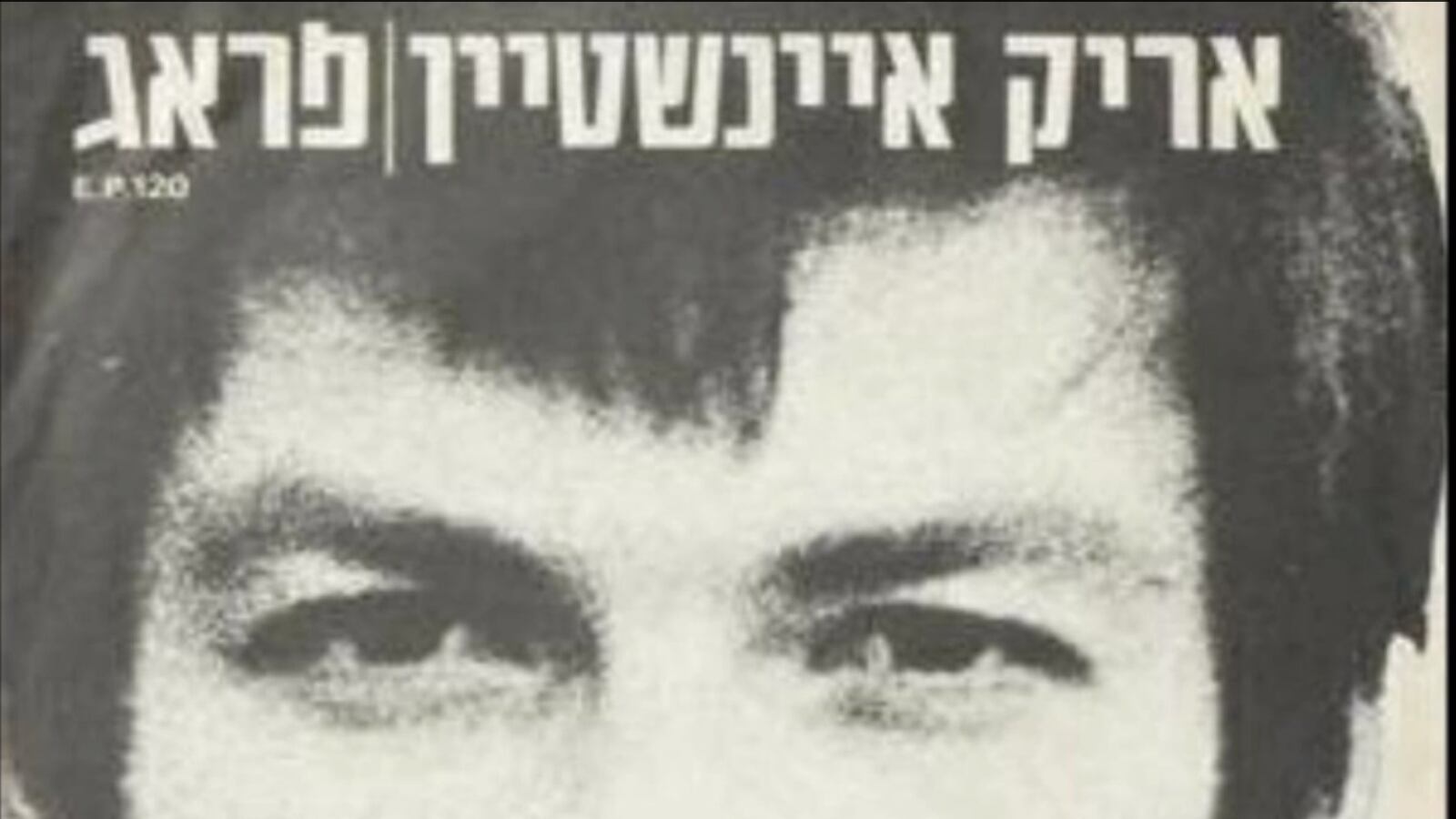Israeli cultural icon singer-songwriterArik Einstein (74) died late Tuesday after being hospitalized incritical condition with an aortic aneurysm. Speaking on Israeli ArmyRadio soon after the announcement of his death, friends recalledspeaking with Einstein on Monday and noted that he had not been illand had in fact been good spirits;it had just been announced that the typically media-shysinger was to begin writing a weekly column for Israeli dailyMa’ariv.

It’s hard to explain to Americans,even those familiar with his work, who Arik Einstein is (was, how canit be that I’m writing in the past tense?) in Israeli culture. Hewas McCartney, he was Dylan, he was Springsteen, all rolled into one,with a singular voice that immediately wrapped the listener in itswarmth. No Israeli artist has been untouched by Einstein’s work;every Israeli has a favorite Einstein song; it almost impossible toimagine an Israel without him.
In the 1960s and 1970s, Arik Einsteinand a handful of artists turned Israeli culture upside down, withmusic, film, and television that alternately broke with and built onthe earnest ideological spirit that had informed Israeli discoursefrom the early pioneering days. In the ensuing years, he and thosefriends—including the almost equally influential Shalom Hanoch (theslightly edgier Lennon, perhaps, to Einstein’s McCartney)transitioned from Israel’s enfant terribles to its culturaltouchstones.
Einstein had a famously pricklyrelationship with the press, but on the rare occasion that he wasinterviewed, reporters emerged from the encounter charmed by hisinvariably welcoming and self-effacing manner. As radio giant YoavKutner said in the immediate aftermath of the singer’s death,Einstein never saw in himself the musical god that others saw; hejust liked to sing. He was far more likely to speak admiringly of hismusicians’ skill than to want to discuss his own work.
When news broke that Einstein had beenhospitalized, the country’s collective eyes turned to Tel Aviv’sIchilov Hospital, and many fans as well as musical peers flocked tothe hospital to hold vigil. Decades of his unmistakable voice tookover the radio waves, and news broadcasts dealt with little else.Programming was interrupted when Ichilov’s doctors announced hisdeath, and was then taken over by tear-filled remembrances fromfriends, fellow musicians, and politicians alike. Within an hour,Prime Minister Benjamin Netanyahu released a statement, greeting thenews “with deep sorrow.” The statement went on: “We all grew upon his songs…. Arik was a wonderful singer and a wonderful person.Israel parts with great sorrow from a cultural titan who will besorely missed.”
Again, it’s hard to explain. As I write these words, tears stream down my face, and I can once again hear the tape that my first Israeli boyfriend made for me of B’Hofa’a Meshutefet, Einstein’s seminal live recording with Hanoch. It was in those songs, in that effort to understand the Hebrew and take in the emotion and sheer energy that the two brought to their music, that I first became Israeli. My yisraeliut, my Israeliness, began in and always circles back to my love of Hebrew; my love of Hebrew is everywhere informed by the music that Einstein wrote, sang, or inspired. Einstein’s love songs to the hope that the world could become a better place, that Israel might someday live in peace, served as the soundtrack to my early political awakening. For me, as for so many Israelis across the generations, his voice is the home in which I came of age.
Israel being the tiny place that it is, and Tel Aviv even smaller, many Israelis have a much-loved story of a personal encounter with Einstein—at a corner kiosk, at a hummus joint, just crossing the street—but over 14 years of Tel Aviv life, I never crossed his path, and though I was lucky enough to interview many of Israel’s musical greats for The Jerusalem Post, I was never lucky enough to interview Arik. I loved him from a distance, and I love him still.
I say that every Israeli has a favoriteEinstein song, but that’s not true, of course. For so many of us,it would be impossible to pick just one—or just one favorite comedyskit, or just one favorite story. Arik Einstein is the very heart ofIsraeli culture, and Israel will never again see his like.






